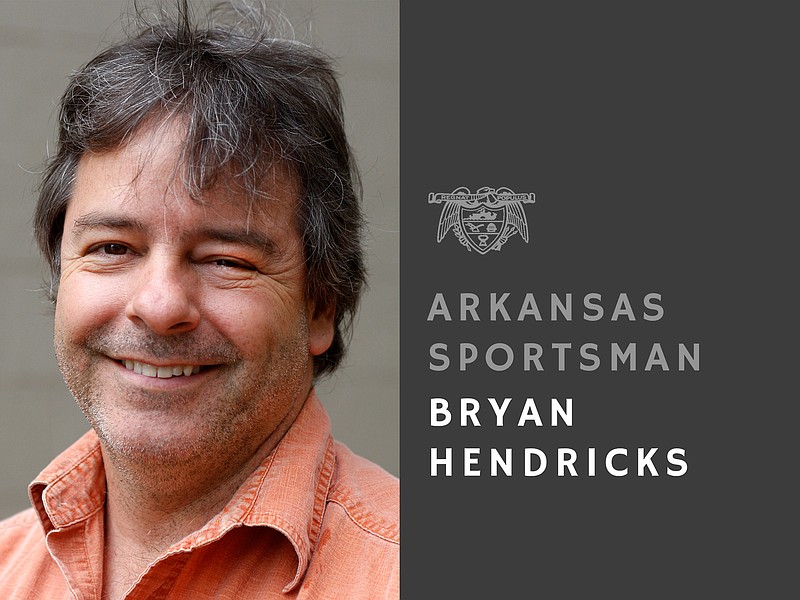Major League Fishing is the most exciting thing that has happened in decades to tournament fishing.
The Pro Bass Tour is Major League Fishing's top tier. Its unique format has no daily limit. Anglers weigh and release every fish. Competitiveness is predicated on high catch rates and high quality. Its pace taxes the mental and emotional capabilities of anglers to ultimate degrees.
Traditional tournaments limit anglers to five-fish daily limits. Through dock talk and tournament history, anglers pre-determine the amount of weight they believe they will need to make cuts to advance to semifinal and final rounds. For a tournament at Lake Dardanelle, for example, it might take 18 pounds a day to stay in contention, but it will probably take 20 pounds per day to win. Anglers devise strategies to catch that amount of weight, and then they upgrade through the day an ounce or two at a time. It is dramatic and sometimes exciting.
On the Pro Bass Tour, the contention bar will probably be 55-60 pounds. To catch that kind of weight, you have to score often, and you can never coast.
A football comparison would be to the style of play that dominated NCAA and NFL football in the 1960s and 70s. Get a lead and protect it.
Modern football is all about scoring because consumers demand it. Likewise, Major League Fishing is a more modern game.
Like football, a Major League Fishing tournament has four periods. Anglers must take a rest between periods. There is no five-fish daily limit. That educes a very fast pace of fishing. It allows anglers to show how good they are at deciphering productive fishing patterns on tournament venues. It allows them to demonstrate their skills at applying real-time wind, weather and water data to real time fish behavior. It also forces them to apply that data to their decision-making.
The pressure to perform at that high a level at such protracted levels can break an angler mentally and emotionally. Dustin Connell, who won his second Redcrest Bass Fishing Championship in three years, talked about that aspect of it in detail after winning the tournament Sunday at Lay Lake near Columbiana, Ala.
"You can spin yourself out," Connell said. "If you let yourself go the wrong way one time, you're done. You're gonna waste a period. These periods ain't long. The day goes by fast. If I start getting in my head and start making bad decisions, I'm not going end up on top."
Connell talked about his key decision to stay in an area that appeared to be in decline and catch the fish he knew were present instead of wasting 30 minutes running to try to find bigger fish someplace else.
Watching the final round on the Internet was astonishing. Connell was in 6th place in the first period, and his position was tenuous, but he found his groove in the second period to take the lead and run away from the field one pound at a time. Soon his lead was 10 pounds and then 15, and then 20 and then 30.
In the last round, Connell weighed 28 bass that registered 83 pounds. That's an average of 2.96 pounds per bass. That happened in just one day.
For comparison, George Cochran of Hot Springs won the 1996 Bassmaster Classic at Lay Lake with a total weight over three days of 31 pounds, 14 ounces. His average was about 2.15 pounds. In 2007, Boyd Duckett won the Classic with a total weight of 48-10. His average was about 3.25 pounds.
Those were compelling stories given the rules and parameters of the respective tournaments. Duckett and Cochran are unquestionably elite anglers. Those Classics, however, gave an incomplete accounting of Lay Lake as a bass fishery.
The Redcrest, with its 2-pound minimum keeper requirement, demonstrated Lay Lake to be a rich and dynamic fishery able to sustain an intense amount of fishing pressure from 50 elite anglers over four days.
It makes for great live streaming. Every time the camera cuts to a different angler, it shows an angler catching a fish. Importantly, it also remedies a significant detriment endemic to traditional tournament fishing. The Pro Bass Tour format, with its instant release requirement, eliminates the practice of keeping bass in a livewell all day and then holding them out of the water, gasping, on stage for fans to admire.
That's an increasingly offensive and indefensible optic from a conservation standpoint. It respects the resource and modernizes the sport that depends on it.
